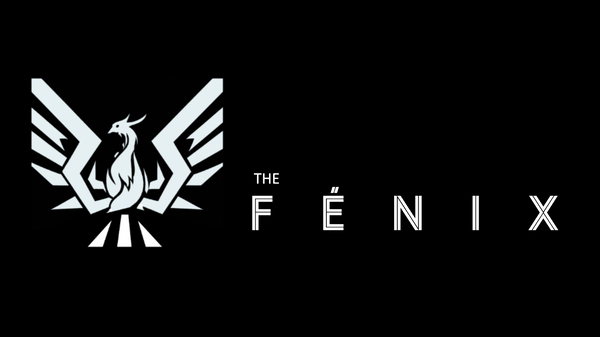In recent years, I have changed my mind. I had a strong opinion about how skills learning should be organized in order to steer clear of certain pitfalls that keep players from reaching their ultimate potential in the long run. I'll tell this story below, but first, a bit of background.
This post and the next will lay out the logic behind an inspiration-first coaching philosophy. When it comes to pursuing our passions, most people would think that inspiration would be a good thing. So, if I am advocating for inspiration-first coaching a way of framing a coach's job, it seems natural for somebody to wonder, "as opposed to what?".

In other words, what is different about inspiration-first coaching compared to whatever else is out there? As I had been of a different mindset for much of my coaching history, sharing my thinking and how it has changed is a good way to understand this.
Since my early days in coaching, I had been a persnickety, thoroughness-first coach who always looked to put skills in their proper order.

After all, can you build a tall building first and then go back and put a solid foundation under it? The thinking is that, no, building a quality building can't be done in mid-air or on some makeshift base layer. Instead, you should build on top of a very firm, well-built starting layer.

It is hard to know what the future will hold for the construction industry, but I would bet building skyscrapers in this fashion is not in the cards.
Does this foundation-first concept transfer over into skill development?
In some sense, no. The process of acquiring a skill simply requires understanding the skill's purpose, understanding a general form of how to move one's body to achieve that purpose, trying the prescribed motion, and then correcting toward more efficiency with more and more attempts. At no point did I mention building that skill from some foundation and then adding to whatever core we start with.
But, in another sense, that foundation-first concept does transfer to skill development when considering a skill set. In a skill set, there may be easier, more-basic, versions of movements. There may also be different movements within that skill set which have things in common and those things in common can be said to be fundamental to both. In hockey, think of the skill of both balancing and producing efficient stride force when leaning over on an edge. This is central to many skating techniques. And this is why we isolate just that skill with "edgework".
If one doesn't get some of these things right, one can still build higher level skills, but there is a risk. This risk is that some common bad habits with respect to the more fundamental skills may hold back a whole area of skill. If your edgework isn't great, then your related skating skills will all be limited. So, later, we may need to go back and correct the bad habits in the foundational skills.
When kids are young, they can learn fast and fairly easily create super high-quality techniques that will feel totally natural to them for the rest of their lives. What better time to attack those fundamentals to give them the gift of bad-habit-free skill in perpetuity?
Early in my coaching journey, I had taken that to heart and was a big proponent of being thorough about covering all the fundamentals until they were all in a great spot. As we'll see, this isn't really a problem, or "wrong". But, as I said, I have recently changed my mind on this.
Why? What is wrong with the view outlined above? I'll lay that out in the next post.

